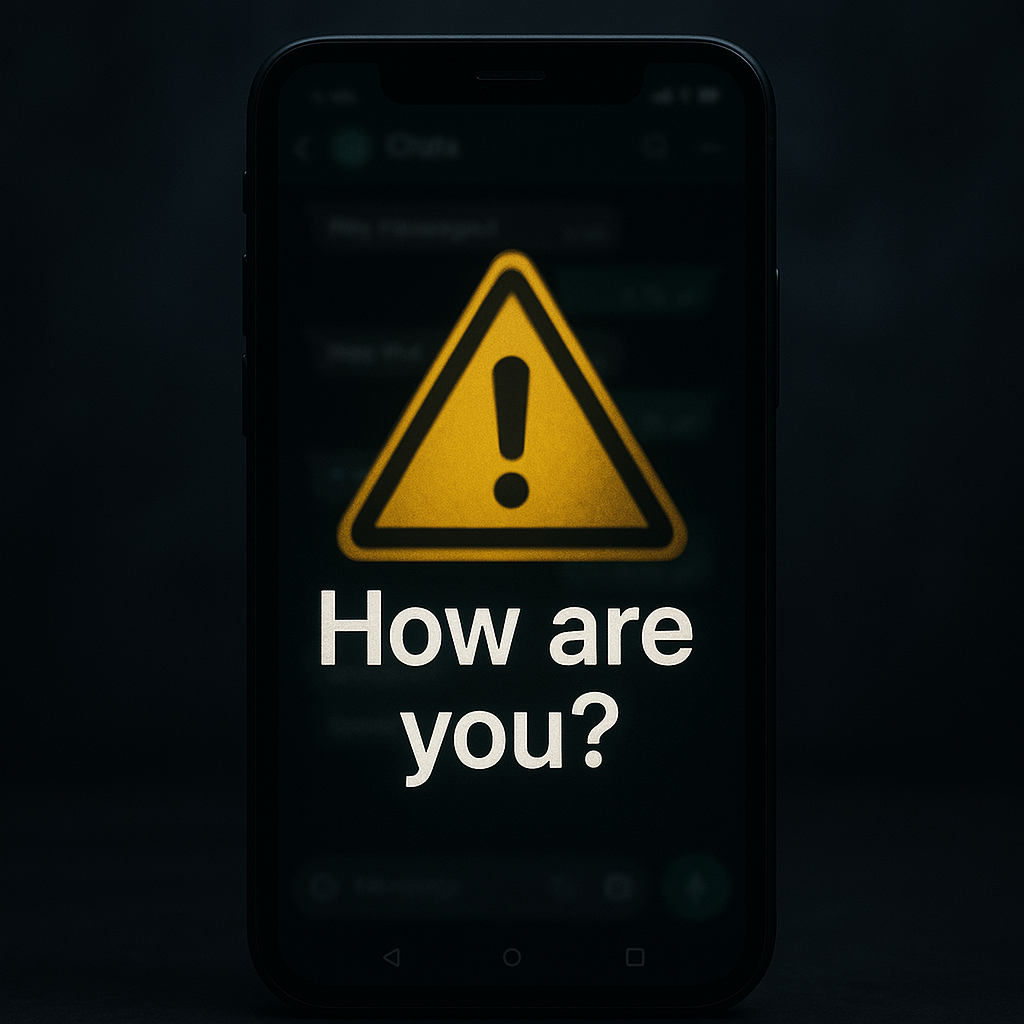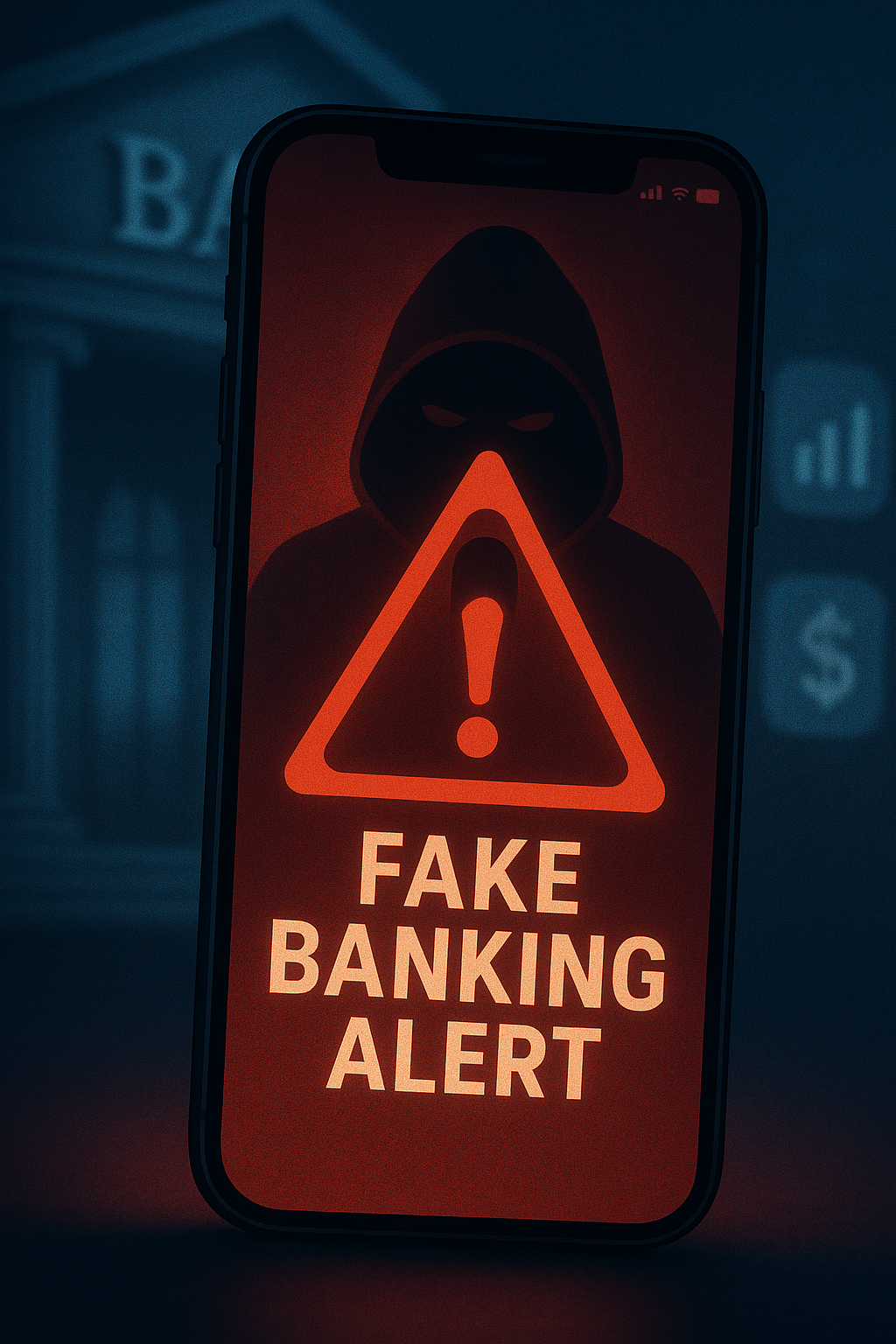Watch Out for the “How Are You?” Scam Message: What You Need to Know
The “How Are You?” Scam Message: A New Social Engineering Threat
Cybercriminals continue to find new ways to deceive people, and one of the latest tactics is surprisingly simple: the “How are you?” message scam. This seemingly innocent message is being used across messaging apps and social media to lure users into clicking malicious links or revealing personal information.
What Is the “How Are You?” Scam?
Scammers send a short message—usually just “How are you?”—to gain your attention and start a conversation. Once you respond, they follow up with a link, often claiming it’s a photo, video, or urgent update. If you click, you may be redirected to phishing websites or malware downloads.
These scams are designed to look like they’re coming from someone you know, making it more likely you’ll respond or click without thinking. In some cases, scammers may have already compromised one of your contacts and are using their account to spread the message.
What Happens If You Click the Link?
Clicking the link can lead to several risks:
- Phishing pages that ask for your login credentials
- Malware downloads that infect your device
- Identity theft through harvested personal data
- Unauthorized access to your online accounts
Scammers are often after access to financial accounts, personal messages, or sensitive information they can use for fraud.
How to Stay Safe
Here are a few steps you can take to protect yourself:
- Do not click on suspicious links, even if the message seems friendly or familiar.
- Verify with the sender through a separate platform if the message seems out of character.
- Update your passwords regularly and use two-factor authentication.
- Install antivirus software and keep your device security up to date.
- Report the message to the platform you received it on.
Why These Scams Work
Scams like this rely on trust and curiosity. A message that seems personal and harmless lowers your guard. Cybercriminals use these techniques to bypass your instincts and make you act before thinking.
Final Thoughts
The “How are you?” scam message is a reminder that cyber threats don’t always look dangerous. Sometimes, the simplest messages can be the most harmful. Stay alert, think before you click, and always verify strange messages—even if they seem to come from someone you trust.




Comments are closed